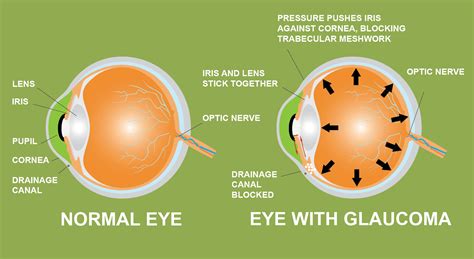Glaucoma is a complex eye condition characterized by damage to the optic nerve, potentially leading to peripheral vision loss and eventual blindness if left untreated. It is a progressive optic neuropathy affecting around 3 million Americans, and is commonly associated with elevated intraocular pressure (IOP). On the other hand, marijuana, a derivative of the Cannabis sativa plant high in THC, has been discussed and used in various forms to manage several health conditions, including glaucoma.

However, the effectiveness of marijuana as a treatment for glaucoma has been a subject of debate. While it is true that marijuana has the potential to lower intraocular pressure, many experts and ophthalmologists express concern and advise against its use for treating glaucoma. The main issue stems from the short duration of its pressure-lowering effects and the potential risks associated with its use. Patients would need to consume marijuana every three to four hours to maintain consistent IOP reduction, which could lead to impractical and undesirable systemic side effects.
Furthermore, there are established and more effective treatments available for managing glaucoma, primarily focused on lowering eye pressure through various means such as medications, laser treatments, or surgery. These treatments have been proven to slow down or prevent further damage to the optic nerve, which is crucial for preserving vision in glaucoma patients.
It is important to highlight that while medical marijuana has found its place in managing conditions like chronic pain, nausea, and weight loss, and has shown promise in areas such as treatment for PTSD, its role in treating glaucoma remains questionable. The potential risks, such as impaired cognitive function and decreased blood pressure, along with the increased need for anesthesia in regular users, pose significant challenges for its adoption in glaucoma treatment.
Therefore, while some may advocate for the use of marijuana in treating various serious health conditions, including glaucoma, it is crucial to approach this topic with a critical mindset and seek advice from medical professionals to make informed decisions about treatment options.
Ophthalmology & Visual Sciences – Washington University in St. Louis
University of Utah Health
Harvard Health Blog
Wilmer Eye Institute at Johns Hopkins
UCSF Magazine
Harvard Health Blog
Eastern Kentucky University
Harvard Health Blog
Harvard Health
Broward College Research Guides